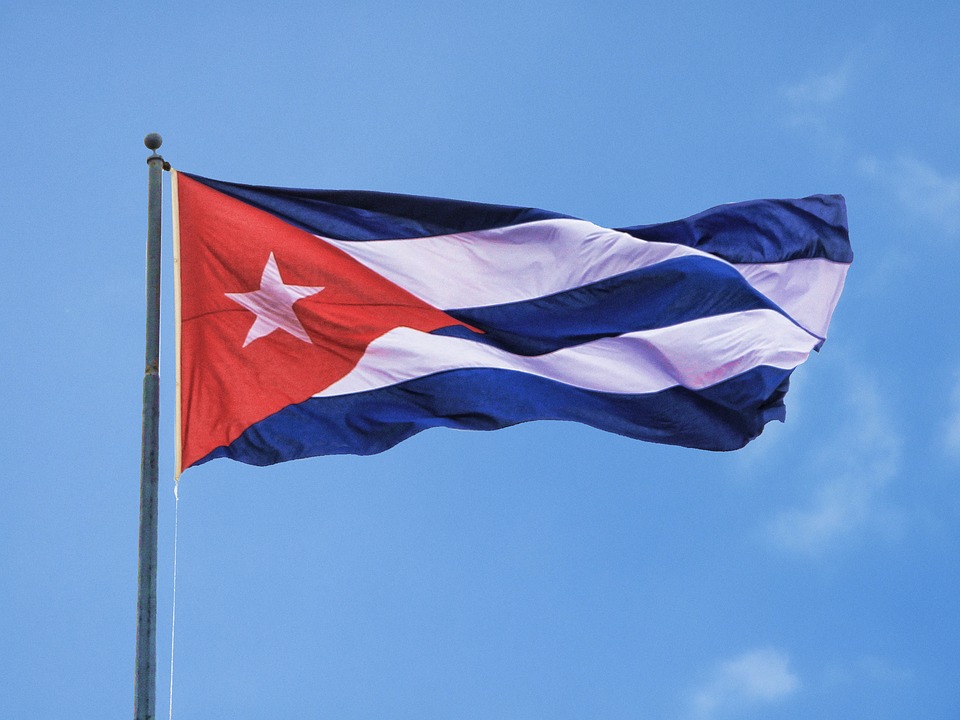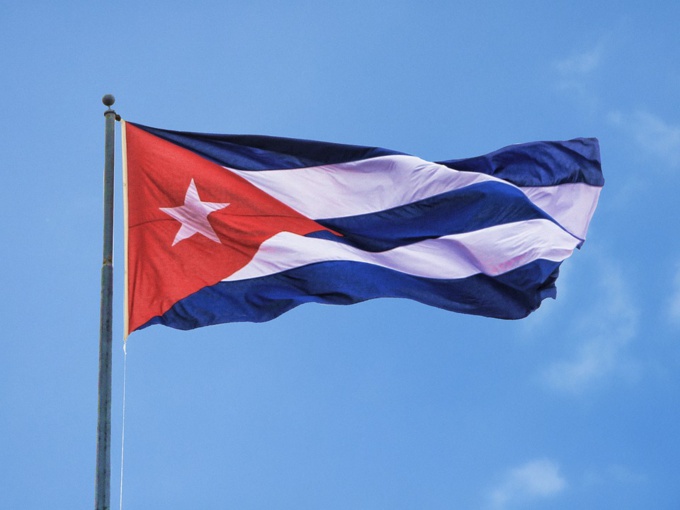A consortium led by the French Total and German Siemens is going to open a 600 MW power plant on the island. Besides, last week CEIBA Investments, registered on the island of Guernsey and operating in Cuba for more than 20 years, announced plans to invest $ 150 million in modernization of four hotels and construction of the fifth, together with Cuban partner Cubanacan and the Spanish hotel chain Club Meliá. "Negotiations and implementation of these transactions took half a year; in my opinion, this is a record," CEIBA’s CEO Sebastiaan Berger told FT. "I hope this is a sign that the investment process in Cuba is accelerating."
Cuba urgently needs money. Assistance from the crisis-ridden Venezuela is diminishing, and the influx of American tourists has come to naught after US President Donald Trump partially abolished the course for improving relations begun by his predecessor Barack Obama. Since 2004, Cuba's annual revenue from exports of goods and services has declined by more than $ 4 billion, or 23%.
Havana cannot boast of success in attracting foreign investors, as those were frightened off by bureaucracy, inefficient economy, double currency system and US restrictions. "The Communist Party has practically no other options than to boldly move forward," one middle-ranking party member said. - The authorities should either allow more capitalism in the domestic market, which they do not want, or quickly reform the public sector while attracting foreign capital. Diaz-Canel chose the second path. "
Over the past two years, Cuba has signed agreements with foreign investors for a record $ 3.5 billion, but little has been received. The plans to modernize the main airport of Havana and the railways that Cuba has agreed with Russia have been postponed for more than a year. The construction of four golf clubs worth $ 2 billion over the past three years has not started. The energy project with Total and Siemens has not been approved yet, although the tender was held last year.
This year, the authorities said that the real influx of foreign capital into the country will be only $ 600 million. "The economy of Cuba will not grow until its leaders do so that the state does not hinder development, but contributes to it," says Miami businessman Carlos Saladrigas. "This was a fundamental change in China and Vietnam, and we are still waiting for this in Cuba."
Tourism is one of the main exceptions. Despite the decrease in the number of tourists by 6% since the beginning of this year, four new 5-star hotels are being built in Havana. All of them belong to the state tourist company Gaviota, which is run by the military. It is expected that these hotels will be managed by foreign operators, but the Trump administration has forbidden Americans to stay in the Gaviota-owned hotels.
source: ft.com
Cuba urgently needs money. Assistance from the crisis-ridden Venezuela is diminishing, and the influx of American tourists has come to naught after US President Donald Trump partially abolished the course for improving relations begun by his predecessor Barack Obama. Since 2004, Cuba's annual revenue from exports of goods and services has declined by more than $ 4 billion, or 23%.
Havana cannot boast of success in attracting foreign investors, as those were frightened off by bureaucracy, inefficient economy, double currency system and US restrictions. "The Communist Party has practically no other options than to boldly move forward," one middle-ranking party member said. - The authorities should either allow more capitalism in the domestic market, which they do not want, or quickly reform the public sector while attracting foreign capital. Diaz-Canel chose the second path. "
Over the past two years, Cuba has signed agreements with foreign investors for a record $ 3.5 billion, but little has been received. The plans to modernize the main airport of Havana and the railways that Cuba has agreed with Russia have been postponed for more than a year. The construction of four golf clubs worth $ 2 billion over the past three years has not started. The energy project with Total and Siemens has not been approved yet, although the tender was held last year.
This year, the authorities said that the real influx of foreign capital into the country will be only $ 600 million. "The economy of Cuba will not grow until its leaders do so that the state does not hinder development, but contributes to it," says Miami businessman Carlos Saladrigas. "This was a fundamental change in China and Vietnam, and we are still waiting for this in Cuba."
Tourism is one of the main exceptions. Despite the decrease in the number of tourists by 6% since the beginning of this year, four new 5-star hotels are being built in Havana. All of them belong to the state tourist company Gaviota, which is run by the military. It is expected that these hotels will be managed by foreign operators, but the Trump administration has forbidden Americans to stay in the Gaviota-owned hotels.
source: ft.com



















